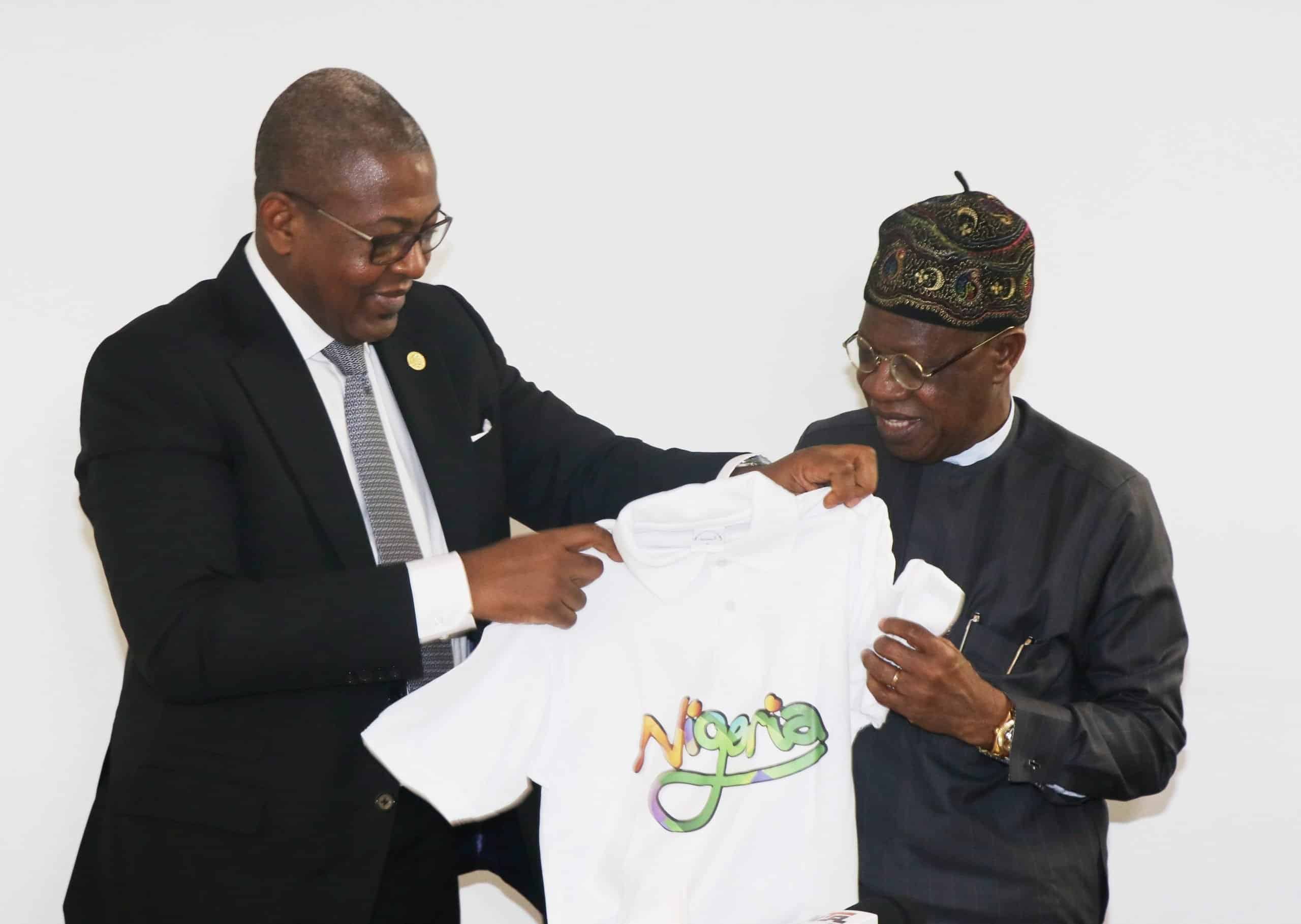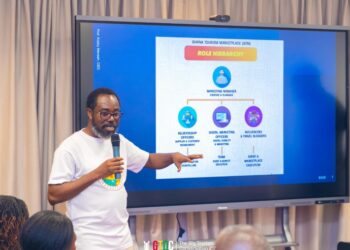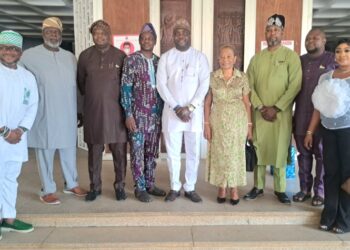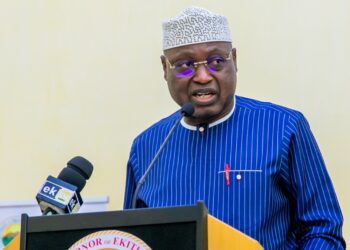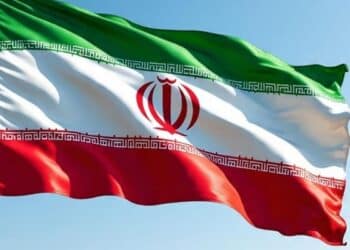Director-General of the Nigerian Tourism Development Corporation (NTDC), Mr Folorunsho Coker has again underscored the need for an upgraded legal framework that allows for Tourism to be treated like a business in Nigeria.
Coker disclosed this on Thursday during a Tourism Webinar, via zoom meeting, organised by the Corporation, with the theme: “Nigerian Domestic Tourism: Re-Imagined”.
The NTDC boss, who disclosed that the Law that controls Tourism in Nigeria is 27 years old, noted the efforts of his administration at repealing the Law.
He explained that “If we don’t have a 2020 Law for tourism that allows for Tourism to be treated like a business, who is going to invest in it? If we don’t have the legislative framework that allows us to take advantage of a wider market, then we become victims, we become the market.”
Coker added that: “Tourism is asking for a law that will give people clear lines, and send the statement that this is a business that you can invest in, borrow from. It sends a statement that we are serious about tourism.”
Reporters At Large recalls that in January 2019, the reviewed law (Act Cap N137 LFN 2004) repeal re-enactment Bill 2007, which established the Nigerian Tourism Development Corporation (NTDC) was before President Muhammadu Buhari for assent, but he conveyed to the Senate his decision to withhold assent to the Nigeria Tourism Development Authority (NTDA). In compliance with the rules, the bill is back at the National Assembly for yet another round of legislative processes.
Reacting to the observations of other panellists and participants on the Webinar about infrastructure and security as an impediment to Tourism development in Nigeria, Coker said Nigeria has a tremendous amount of infrastructure “even more than some African countries.
He continued: “We have an issue with security and transportation. It is not a problem. We are the ones fueling these narratives about our security and infrastructure issues. Development Journalism has a question to answer about the image of Nigeria. Journalists should consider the wider implications of their reports on the nation.
“There are some Tourism-related infrastructures that need to be built, such as the Tourism Satellite Account (TSA), which allows you to measure what is going right or wrong.”
He also disclosed the effort of NTDC to ensure human capital development, capacity training for the people in tourism to be trained for tourism.
Coker then charged Tourism stakeholders in the country to explore digital technology to market and promote the huge tourism assets and potentials that abound in Nigeria.
On the part of the government, Coker said: “I know that President Muhammadu Buhari has finally taken a look at Tourism as a priority sector in this country. I know that the Minister of Finance and the Director-General of the Budget Office of the Federation has taken a look at Tourism and decided that the Industry will get better access to fund.
“At NTDC, our focus is domestic, digital. I think if we put those things together, the industry stands a huge change in comparison to the past in taking the quantum leap forward.”
Coker also charged the state and local governments to put more effort at infrastructure development, saying “this is the time to invest in infrastructures, such as grading of the roads that lead to the tourism facilities in your environment, the building of even, toilets and viewing area.
Conclusively, the NTDC boss said: “We must look at where we are and understand why Tourism promotion and development is so important; oil prices are down from where they used to be, the budget is in deficit, there is a recession, there is a financial crisis, forex has gone up, inflation is up, unemployment is up, and the population is still growing. So, we don’t have a choice than to look at the alternative industry and give a chance to those industries to grow.”
Panellists at the Tourism Webinar were the Minister of Information and Culture, Alhaji Lai Mohammed; NTDC DG, Mr Folorunsho Coker; General Manager, Ibom Hotels & Gold Resort, Brian Efaa; COO, Ibom Air, George Uriesi; COO, Dana Air, Obi Mbanuzuo; Regional Director, I.A.T.A, Funke Adeyemi; Co-ordinator, Loving Lagos, Lawon Adams; Brand and Marketing Communication Strategist, Eddie Madaki; CEO, Playnetowrk Africa, Charles Okpaleke, and CEO, Flytime Group & Founder Rhythm Unplugged, Cecil Hammond.


